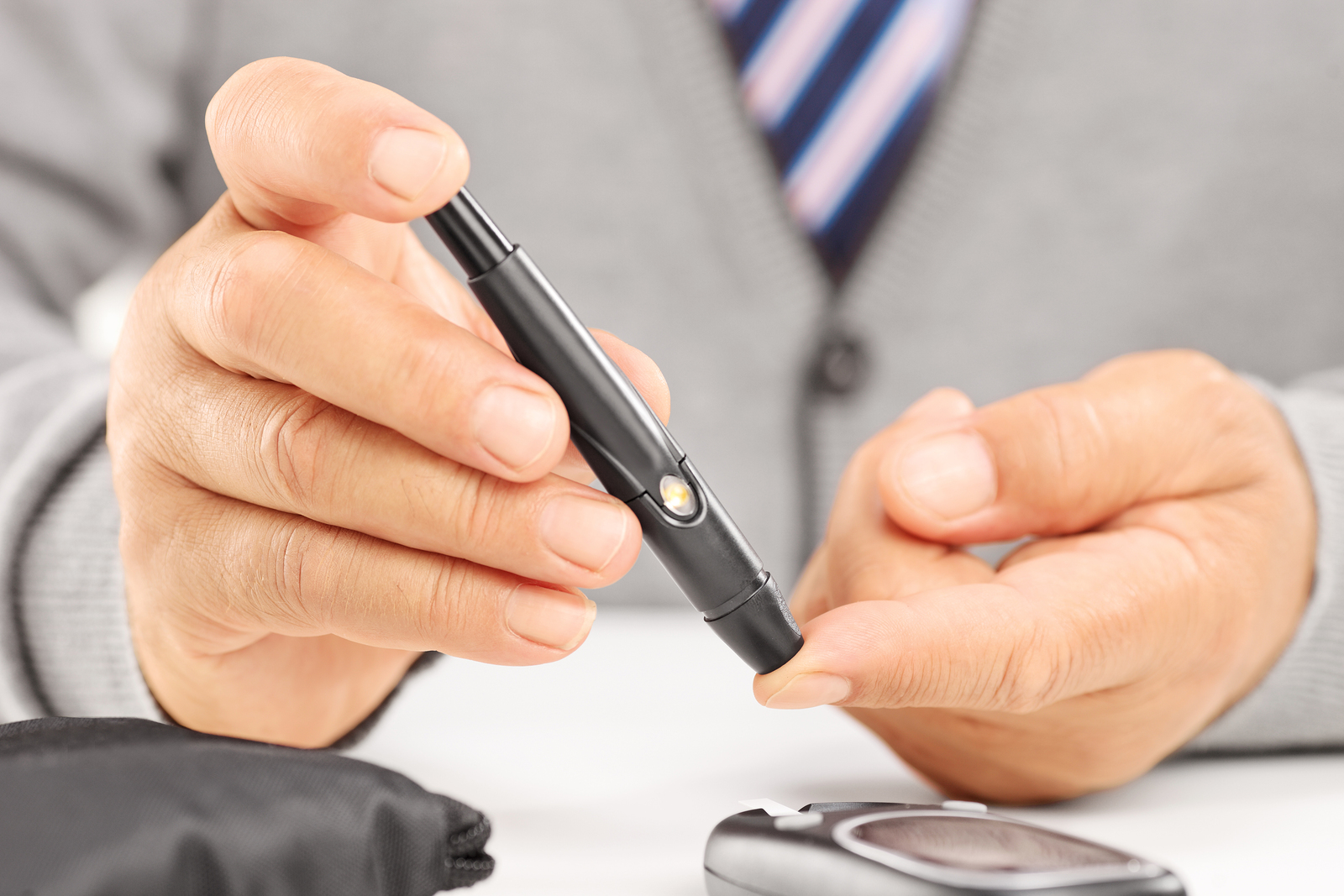Top Stories

Diabetes Research Institute Pioneers Safer Approach for Creating Insulin-Producing Cells
Scientists from the Diabetes Research Institute (DRI) at the University of MiamiMiller School of Medicine have successfully converted non-insulin producing cells of the pancreas into insulin-producing cells using a single agent, BMP-7 (bone morphogenetic protein-7), which is already approved by the Food and Drug Administration (FDA) for clinical use. Their findings, published in the December issue of Diabetes (http://dx.doi.org/10.2337/db15-0688), demonstrate for the first time that non-endocrine pancreatic tissue (NEPT) can be reprogrammed to respond to blood glucose without the use of any genetic manipulation, representing a safer and more efficient method to increase the limited supply of insulin-producing islet cells for transplant into people with type 1 diabetes.
Scientists have known for some time that one of the interesting features of NEPT (which comprises near 98 percent of the organ and is not a primary target of autoimmunity in type 1 diabetes) is its high plasticity, meaning that the non-endocrine pancreatic cells can be reprogrammed, or turned into, other cell types or tissues. However, conventional approaches to cell reprogramming entail genetic modification, which poses health risks to patients and has other drawbacks. The DRI team has pioneered the use of a novel, non-invasive means of cell reprogramming, which is expected to have a shorter path for testing in clinical transplantation trials.
"We discovered that the exposure of human pancreatic exocrine cells to BMP-7 alone results in their efficient conversion into insulin-producing clusters that respond to glucose both in the laboratory setting and after transplantation into diabetic rodents. Cells generated in this manner produced insulin levels between 50 and 250 times higher than previously published by other teams, which used genetically engineered viruses plus treatment with additional agents that are known to cause unpredictable genetic patterns in cells. What we've accomplished, a non-genetic conversion of human pancreatic exocrine-to-endocrine cells, is a safer and simpler alternative to genetic reprogramming," explained Juan Dominguez-Bendala, Ph.D., the study's co-lead investigator and director of stem cell development for translational research at the DRI. "The relative simplicity of our approach, coupled with its high efficiency, makes it a prime candidate for translation to patients with diabetes."
In type 1 diabetes, the insulin-producing islets cells of the pancreas have been mistakenly destroyed by the immune system, requiring patients to manage their blood sugar levels through a daily regimen of insulin therapy. Islet transplantation has allowed many patients to live without the need for insulin injections after receiving a transplant of donor cells. Some patients who have received islet transplants at the DRI have been insulin-independent for more than a decade. However, the procedure remains limited to the most severe cases of type 1 diabetes due to several factors, among them the limited supply of insulin-producing islet cells. Currently, transplanted islets come from donated cadaver pancreases. DRI researchers continue to build on progress in islet transplantation by developing the DRI BioHub, a bioengineered mini organ that mimics the native pancreas, as a means of overcoming the remaining challenges. These newly created insulin-producing cells could be implanted within a DRI BioHub, addressing the cell supply issue and enabling researchers to treat millions with diabetes in the United States and around the world.
"We are now working on improving the cellular reprogramming process and hope to have a more clinically viable protocol that we could offer to patients living with this disease in the near future," said Dr. Dominguez-Bendala.
About the Diabetes Research Institute
The Diabetes Research Institute at the University of Miami Miller School of Medicine leads the world in cure-focused research. As the largest and most comprehensive research center dedicated to curing diabetes, the DRI is aggressively working to develop a biological cure by restoring natural insulin production and normalizing blood sugar levels without imposing other risks. Researchers have already shown that transplanted islet cells allow patients to live without the need for insulin therapy. The DRI is now building upon these promising outcomes by developing the DRI BioHub, a bioengineered mini organ that mimics the native pancreas, and is testing various BioHub platforms in preclinical and clinical studies.
For more information, please visit DiabetesResearch.org or call 800-321-3437. You can tweet DRI at @Diabetes_DRI.



Comments